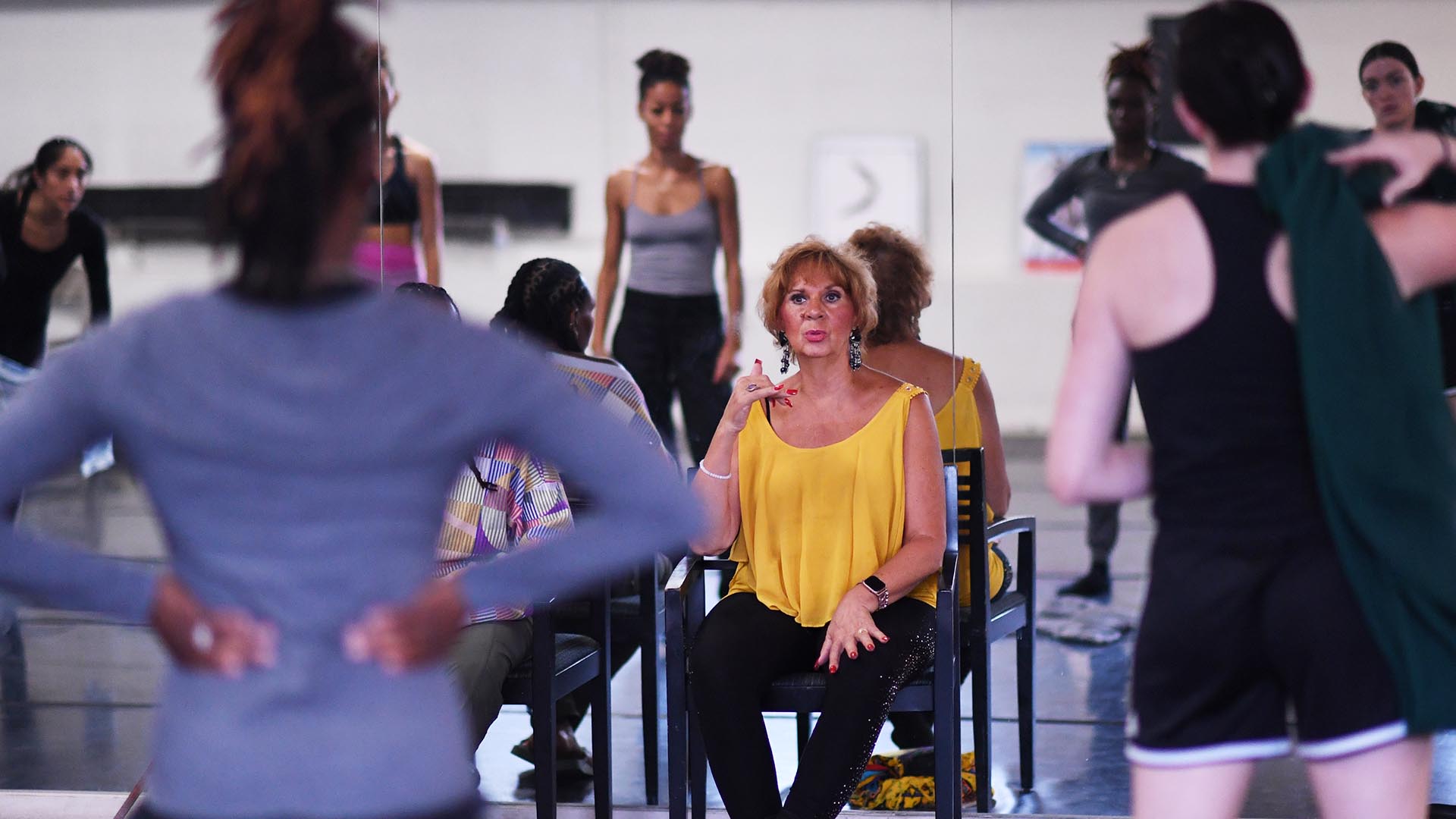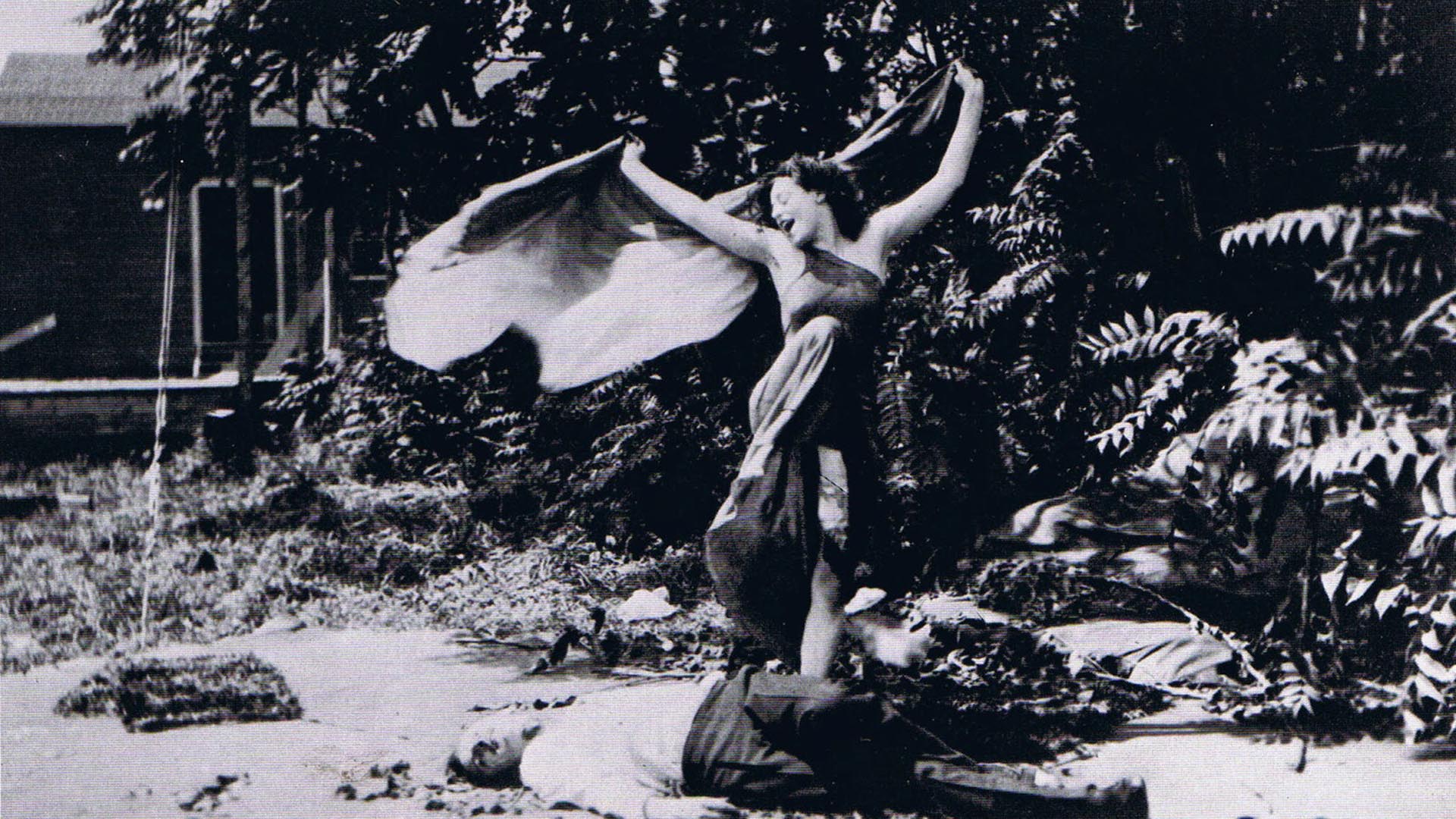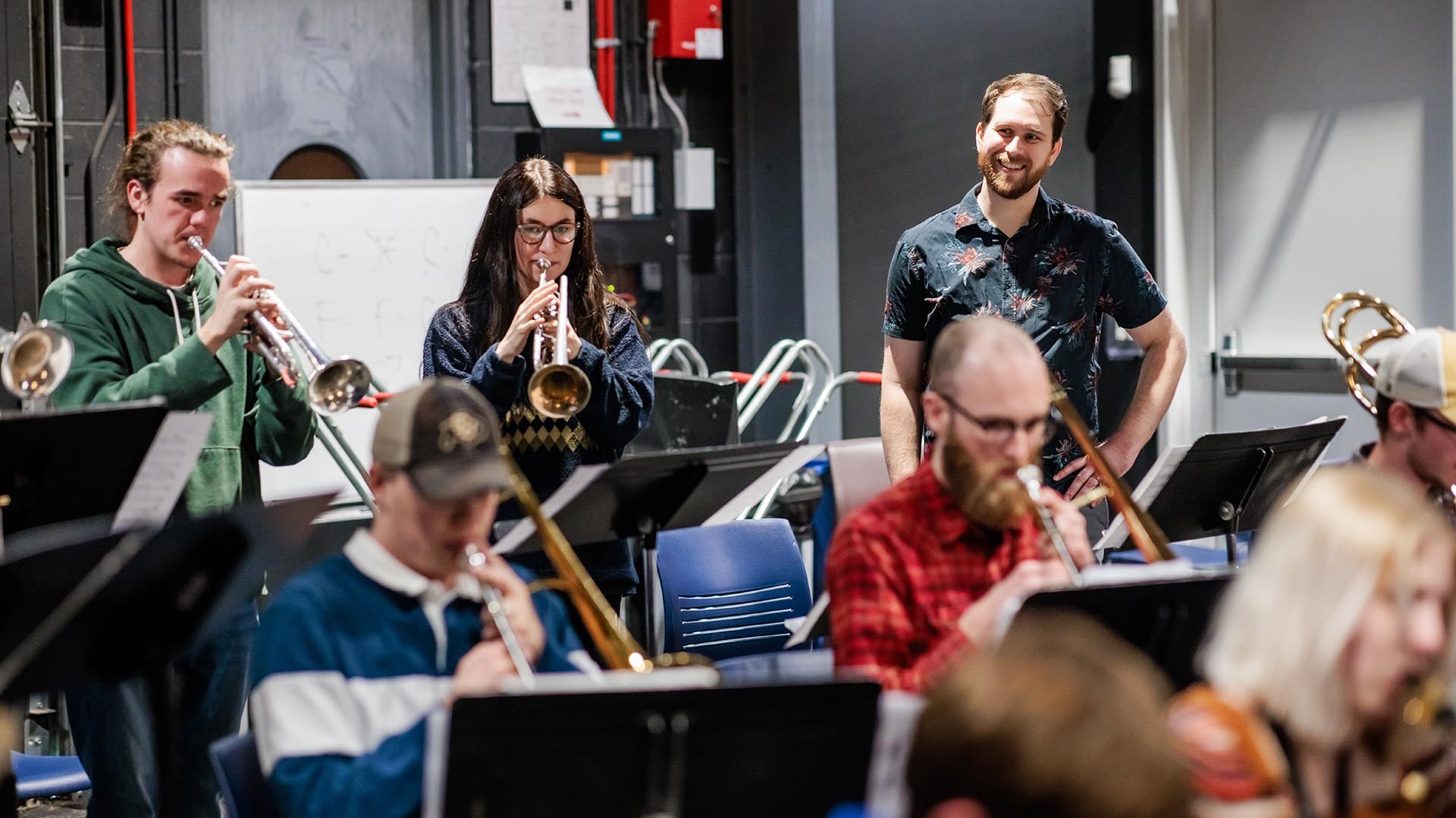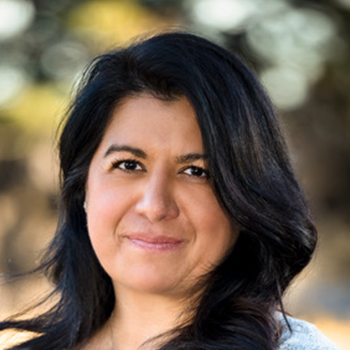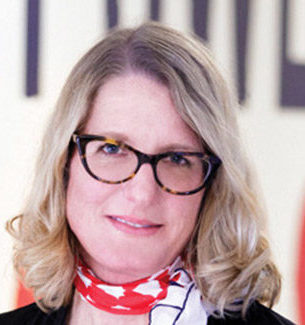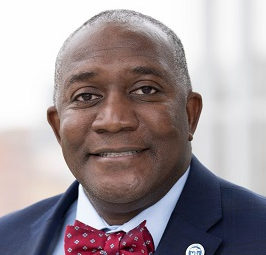“D-phi”-ing conventional education
An engine for the city’s creative life, the Denver Project for Humanistic Inquiry redefines applied interdisciplinary work.
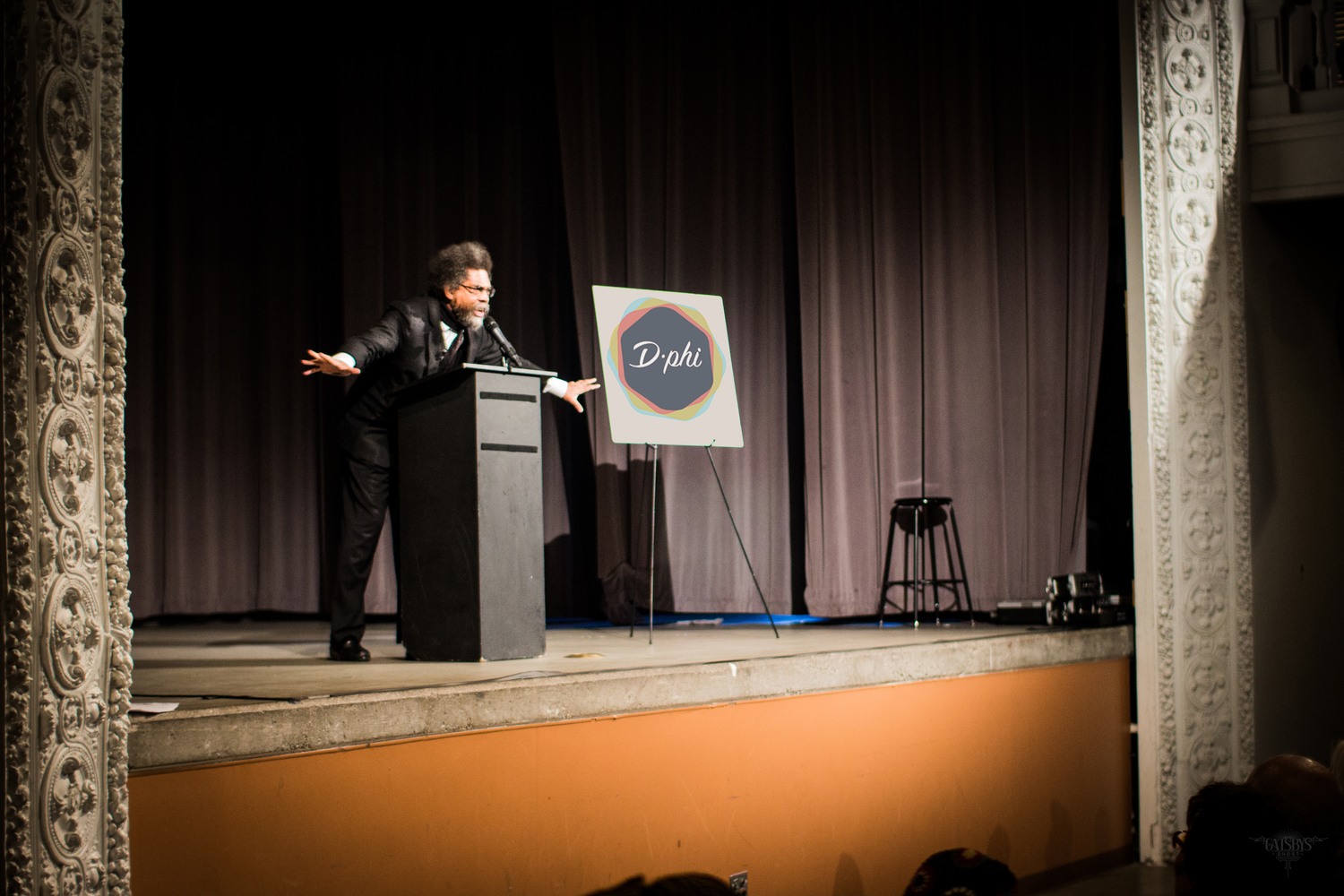
Pop-quiz time. One of the foremost new players in local cultural programming is:
a) A center for interdisciplinary collaboration with Denver civic institutions
b) A community-building opportunity for busy Roadrunners
c) The ability to hone project-leadership skills via full-suite event planning
d) A chance for students to connect with the likes of Cornell West, Martha Nussbaum and Noam Chomsky
e) All of the above
The answer, of course, is E. And, like the MSU Denver environment it calls home, the Denver Project for Humanistic Inquiry – or “D-phi” for short – forges its strength from the inclusion and consideration of broad thought spectra into an altogether new transformation.
And the key to it all? Asking questions.

Launched in 2015, the ambitious effort has notched nearly 30 events, with attendance topping more than 4,000. And with high-profile partners spanning from the Denver Center for the Performing Arts and Denver Film Society’s Sie FilmCenter to Ratio Beerworks (which played host to a performance and discussion by Lucero’s Ben Nichols), D-phi invites members to see the urban world as their classroom.
“We’re filling a gap in the Denver cultural scene,” said Adam Graves, associate professor of philosophy and director of the organization. “The city has become a great place for creatives in fields like music, art and beer; within this, we saw an opportunity to bring humanities to the broader public.”
D-phi does that through the practice of humanistic scholarship, fusing critical thought and group discussion to evaluate disparate opinions and explore the various possible solutions to a problem.

That might sound familiar: When the humanities and liberal arts are discussed today, they’re often in the context of the in-demand “soft skills” employers seek in new hires. And while they certainly can be the product of the organization’s endeavors, Graves sees that argument as one-dimensional, potentially equating a tree of output with a forest of thought.
“Humanistic inquiry is about developing critical tools for analysis and evaluation of the world, essential to self-reflection and a thriving society,” he said. “It’s about giving a sense of why we do what we do and not just a skill to do it.”
Peeling back another layer, it can also take an epistemological turn of the how and why of knowing.
“The fundamental questions we ask are all deeply human, concerning theory and practice, both in the way we perceive and interact with the world,” said Gabriel Grinsteiner, project coordinator for D-phi pursuing an individualized degree program in computational linguistics.
The result is nothing short of transformative. Through conversations and events that highlight humanistic approaches, participants connect the dots across fields and apply lessons to their everyday lives.
“When you can take viewpoints of others from others and bring multiple disciplines to bear on an issue, you get a clearer perspective on what the answer is about,” Grinsteiner said.

A lofty aspiration, to be sure. But it’s in how D-phi carries out its mission that the value becomes evident, echoed by its partners’ sentiments.
“We use Colorado’s past to help inform our present and build a better state, and [D-phi] gets students off the campus into the communities to do that,” said J.J. Rutherford, director of education at the History Colorado Center. “That practice is the basis of the humanities. And by partnering, we amplify one another – we’re all in this together.”
As an example, she pointed to the recent collaboration “Democracy in Principle and Practice: From Ancient Athens to Contemporary Colorado.” The nonpartisan forum explored activism, engaged citizenry and voter participation with representatives from international political advising, MSU Denver faculty members and an official from the Colorado Secretary of State’s office.
Inclusivity and fresh perspectives are part of the “secret sauce” of D-phi that brings audiences and partners into new, exciting connections, Rutherford said.
“There’s energy and dynamism in these kinds of events that counter a perception of how a museum operates,” she said. “As a historian, I’ve always liked this subject matter, but for many others, they’ve helped make humanities cool again.”

Graves pointed out it’s not just relegated to the humanities, as a defining element of D-phi is an interdisciplinary nature. With faculty members recognized as subject-matter experts, it underscores how students can pursue the well-rounded education of a top-tier school at a fraction of the cost. And by bringing together educators who otherwise might not interact with one another, computer scientists can talk tech with robotics experts about the nature of consciousness and artificial intelligence.
“Historians might think about what happened in the past but not necessarily the nature of the past as such,” said Graves. “The term ‘humanistic inquiry’ designates a broad range of intellectual investigation that might draw the philosopher and the historian, or the political scientist and the computer scientist, into a mutually enriching dialogue.
“Understanding always precedes criticism; that’s why education transforms one’s attitude into an evaluative process,” he added.

Another reality: Developing community on a commuter campus is hard.
Often working full-time jobs as well as balancing family and studies, Roadrunners are frequently left with little bandwidth – or motivation – to tack on more time to an already-taxed schedule.
That’s where the soup-to-nuts project-leadership opportunities come in. By having students vet and invest in their own ideas, the sense of ownership results in a tangible portfolio of successful events taken from idea to execution.
“D-phi gives students a reason to stick around and take part ? not just show up but brainstorm, plan and be involved in all aspects of our events,” Graves said. “Plus, students get to speak up and ask Noam Chomsky a question. That’s pretty cool.”
As the best education does, it stretches students beyond their comfort zones to incorporate skills as varied as graphic design, audio/visual logistics and budgeting. The result is another Roadrunner hallmark: getting the job done.
“It’s exactly what I want to do, no matter the specific project,” Grinsteiner said. “It’s getting information from multiple perspectives, creating new ideas and getting them out there. That’s the most valuable thing in the world.”

For a 2-year-old organization, D-phi has already racked up an impressive résumé of accomplishments. And, involved with a slate of events, including an examination of race and justice with Mayor Michael Hancock and noted author Claudia Rankine and a recent discussion of the intersection of where faith and violence coincide, featuring United Nations High-level Commissioner Dr. Alaa Murabit, the future of critical thought at MSU Denver shows no signs of slowing down.
There’s only one last thing to ask: Is humanistic inquiry a lens or a practice?
“It’s a question just like that,” Grinsteiner said.


